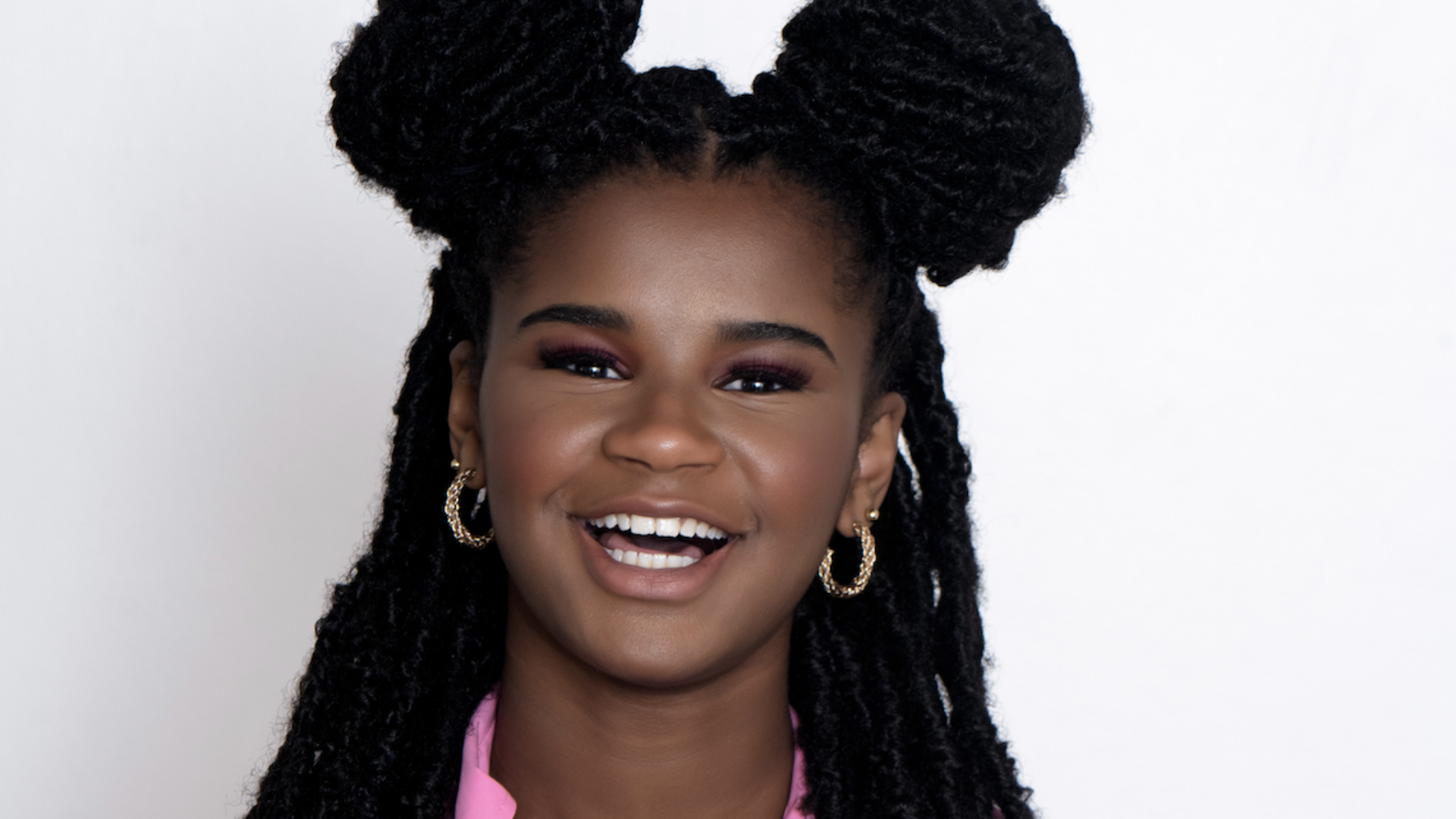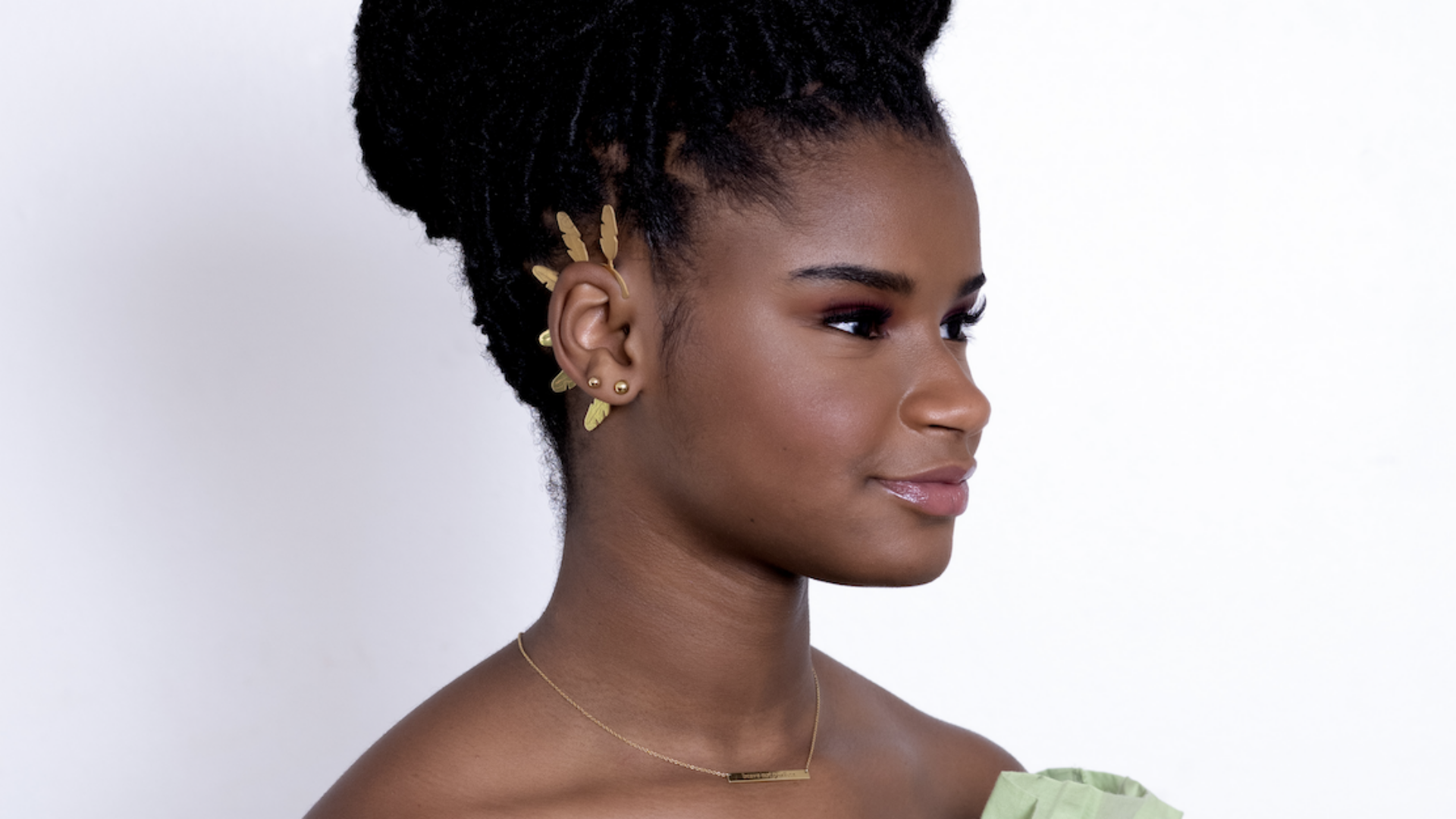
Beginning the week of February 14, the Black Girl Freedom Fund (BGFF) and #1Billion4BlackGirls campaign will unveil their week-long series of events geared toward girls, femmes and gender expansive youth. Led by Dr. Monique Morris, the CEO and President, BGFF is an expansive 10-year campaign aiming to fundraise $1 billion. The money collected goes towards facilitating the wellness of Black girls and their support systems. Additional co-founders of the investment effort include Tarana Burke, the founder of the ‘me Too’ movement, and LaTosha Brown, one of organizers lauded for turning Georgia blue during the 2020 presidential election.
The upcoming event, Black Girl Freedom Week, will include virtual programming with a focus on young people pursuing creativity. One of the panelists is Marley Dias, the 17-year-old who began the #1000BlackGirlBooks initiative. Dias is also an author and the host of Netflix’s “Bookmarks: Celebrating Black Voices.” Her conversation will focus on her work as a Black girl activist, particularly as it pertains to the digital realm.
Register for Black Girl Freedom Week here.
Unimpressed by the lack of access to books about Black girls provided by her school, Dias began #1000BlackGirlBooks, an ongoing donation drive of books. Since she launched the now-viral campaign, she has been adamant about pouring into her community through various means. Her involvement with Black Girl Freedom Week is an extension of that work.
“Black Girl Freedom Week is really about making sure we spread the gratitude and curiosity about social justice,” she said to Girls United. “So we highlight people from our past, whether it’s our ancestors, our parents, or people that we’ve seen online, that we’re thankful for the work that they’ve done. And then we’re curious and out how we can continue their mission in the future.”
We sat down with Dias to discuss Black Girl Freedom Week, digital advocacy, and more. Read our conversation below.
Girls United: Tell us about your panel during the Black Girl Freedom Week.
Marley Dias: So my panel is going to be, in a way, a masterclass and I hate to say that as a 17 year old. But I feel like I have a lot of experience in social justice and knowing what resources kids need to actualize and combine their passions and frustrations to change their community. And one big thing for me now, as I’ve gotten older, is making sure that that information is accessible to all kinds of kids, particularly those who want to tell their own stories. So I’m going to highlight some of my inspirations, whether it’s from books I’ve read, people I’ve met, stories that have impacted my life, and how I’ve been able to evolve #1000BlackGirlBooks into an international movement, not just about diversity and inclusion, but about justice and having kids be a part of social justice movements.
Check out the full event schedule for Black Girl Freedom Week here.
GU: As it pertains to digital activism, what is the importance of people understanding how they can tell their own stories?
MD: Well, it’s really important to make sure that kids have resources online that allow them to see and look at other people that have achieved what they hope to achieve. People that are different from them, people that challenge their ideas. And that’s often what Black Girl Freedom Week is about, is making sure that we have interactive online sessions that are led by Black kids that make a difference in the world, want to make a difference in the world, have been a part of these really important communities and are open to sharing and listening, learning, and asking questions. And that’s really a great thing about being a part of Gen Z is having so many online channels and resources to be a part of communities that want to help others.

GU: Black Girl Freedom Week ties into the larger Black Girl Freedom Fund, where they’re raising one billion dollars for black girls. So, can you share a bit about why Black girls need to be poured into financially as frequently as their counterparts?
MD: It’s really important that we invest into Black girls because they are known, both statistically and culturally, to give back the most to their own communities. We know that Black mothers, Black aunts, Black sisters and siblings are always the ones at the forefront of making sure that their communities are safe, are healthy, are invested in, are supported and are loved.
I think that I see that from my own mom, my grandmothers, and even my aunties and my friend’s moms. That they are often involved and want to make sure that every person that is a part of their life is doing the most they can for the world, and that they pour all their resources into the goodness of people, into their kindness, into their beauty. And that’s why we need to invest in Black girls because the return on investment will always make sure that we are uplifting as a community.
GU: To further expound on an answer you gave earlier, what roles do books—well, text and literature, play in digital activism?
MD: Books really play a critical role because they help kids be curious, they give them the vocabulary to express themselves. They make sure that kids see experiences that feel like they’re so far out of reach and help them realize that they can attain these things, they can achieve, they can work together. I think it’s also a great opportunity to build our vocabularies, to be more expressive, to be more kind, to be able to confront issues because we’ve heard other people talk about them, we’ve seen how to resolve conflicts. And reading has really, really helped me, even as a social media activist, seeing what makes people charismatic, what’s fun, what’s engaging. How do we tell stories? How do we make sure people know that we care? It’s given me so many resources.
Read the history of Black literacy here.
GU: What does freedom, when it comes to Black girls, look like to you?
MD: Freedom, to me, when it comes to Black girls, is the ability to not feel like you’re the only, to not own always feel like you have to be the trailblazer, to be the first one to volunteer yourself for others. But that we create communities and warm spaces where Black girls have the comfort to be themselves and to not always have to push boundaries and to be the strongest, to be the smartest, to prove anything. That Black girls don’t feel like they have to prove their beauty, their self worth, or their intelligence. That they get to live freely without thinking that they have to break every expectation and break every mold of what people expect them to be.